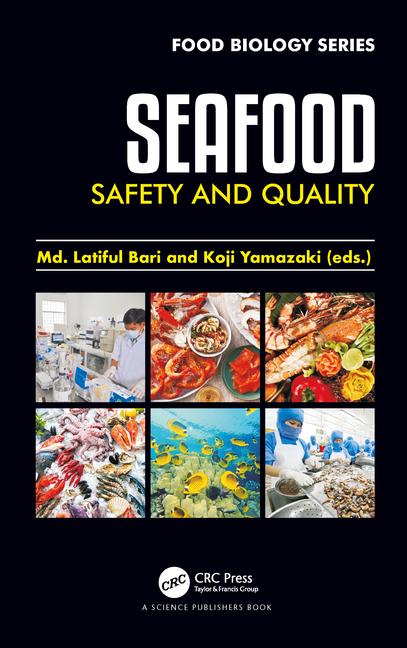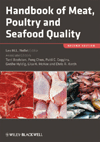Scottish seafood processor supports net zero efforts with coffee waste smoking technique
Traditional method of smoking seafood using wood chips dates back centuries.
.png?1660076590)
When Scotland hosted the recent COP26 Global Climate Summit in Glasgow, world leaders made a commitment to supporting change and innovation in the name of reducing carbon emissions. One tangible outcome was the Scotland Food and Drink Net Zero Challenge, held February 2022 and included a Scottish seafood processor that used grant funds to explore ways to reduce the use of wood to smoke fish in exchange for other by-products like coffee grounds.
The traditional method of smoking seafood such as salmon using wood chips dates back centuries. Now, the seafood firm Sutherlands of Portsoy has partnered with the Rowett Institute in Aberdeen, Scotland to explore other materials to use for smoking seafood.
The partnership resulted in a test to experiment using damp coffee waste, which is produced when roasting coffee beans. The results were better than expected—and coffee grounds are just the beginning as Sutherlands of Portsoy believes other food and drink by-products could be used from the whiskey, gin, and cider industry. Additionally, the work they are doing today can be rolled out to the entire industry, creating sustainable smoking options for the seafood industry as well as other food sectors.
“The balance between environmental, social, and economic issues is significant, as one must not be achieved at the expense of the others. This is where the seafood sector will innovate to find solutions while maintaining a vibrant sector that supports Scottish communities,” said Adam Wing, Seafood Scotland head of trade marketing for the UK and North America.
Research has uncovered that the most significant and important issues facing the Scottish seafood sector today are healthy fish stocks, trade policies, regulatory compliance, climate change, and worker safety. As an industry that relies on the balance between nature, community, and commerciality to thrive, it is in their best interests to have a strong commitment to playing a part in Scotland’s net-zero journey.
Wing continued, “The time is right for the industry to come together and create a pathway to net-zero, sharing our sourcing specialist knowledge, tools, and support. We will work with industry partners to create a framework to drive and support change.”
Landing nearly 600,000 tons every year, seafood is Scotland’s largest food export amassing over $1.3 billion in revenue per year. Over two-thirds of the world’s langoustines are sourced in Scotland, with salmon being the number one export species for Scottish companies.
Source: Sutherlands of Portsoy
Looking for a reprint of this article?
From high-res PDFs to custom plaques, order your copy today!







